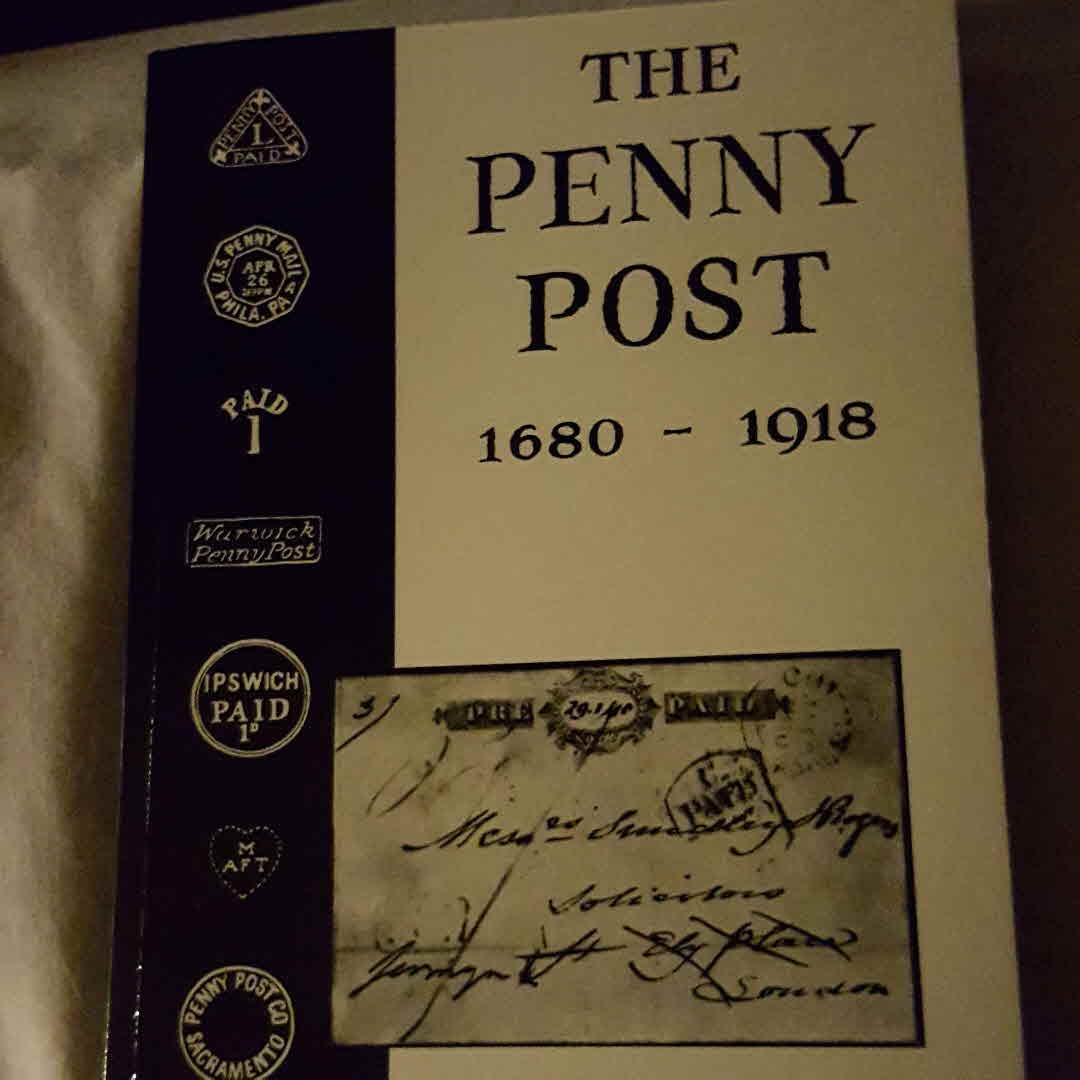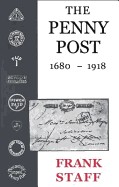
A short little history on a small, obscure subject. You wouldn't normally consider the establishment of uniform, inexpensive postal rates as an interesting subject. And, by itself, it probably isn't. But, this small book is a nice look at a number of lives dedicated to making communications easier between people. It is the deep look into the people and their hopes and efforts that make me recommend this book.
5 likes


















